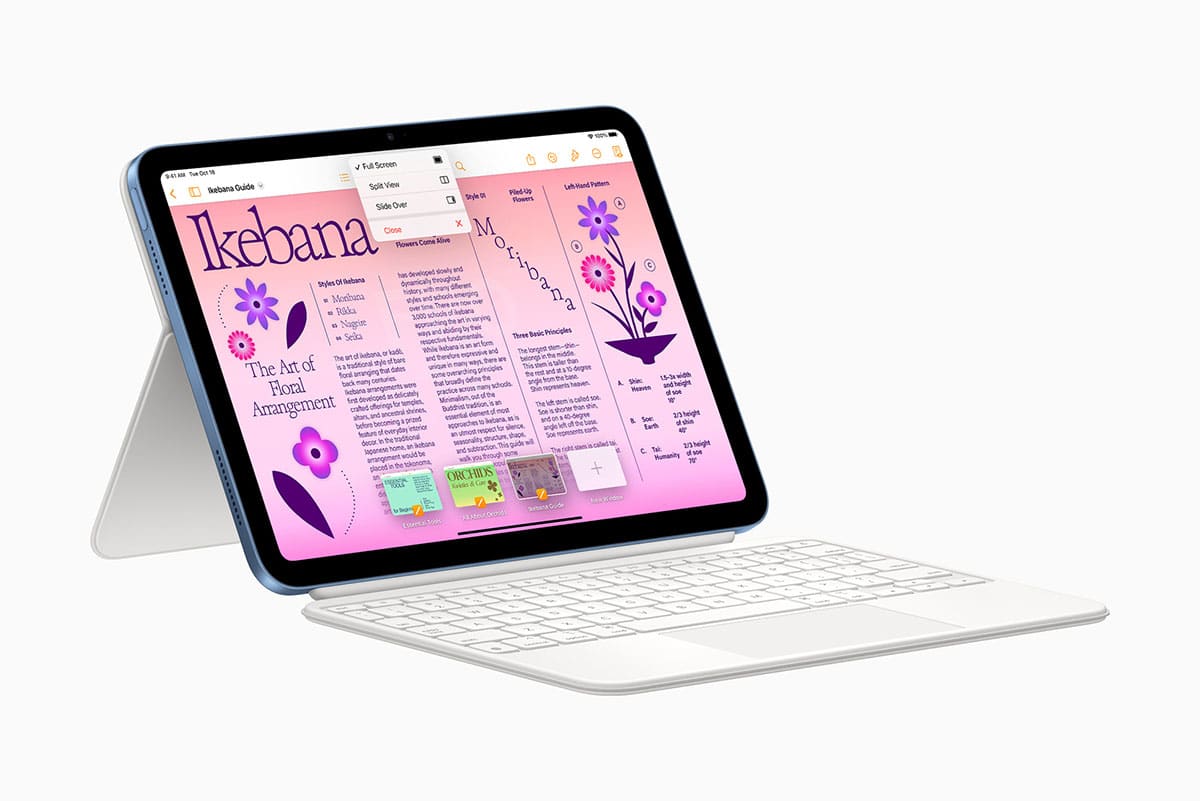
Surely by now many of you know about the confrontation between Apple and the FBI for being able to access the data of an iPhone 5c owned by the author of the multiple murder in San Bernardino. Tim Cook himself has had to come to the fore in the face of what he considers a "highly dangerous" act that can create an important precedent against everyone's privacy. These events have created an interesting debate about how far government agencies can go using the security argument, and what are the limits of our privacy. We tell you everything that happened so far.
Terrorist act in San Bernardino
It happened last December 2015. Two people, Syed Rizan Farook and Tashfeen Malik, killed 14 people and injured 22 others in San Bernardino, California, in what so far appears to be an ISIS-related terrorist attack. After these unfortunate events the FBI found an iPhone 5c owned by one of the killers, Farook, which until now have not been able to unlock to access their data.
The iPhone and its "invulnerable" security system
Apple has implemented a security system on its iOS devices that makes it "impossible" to access your data without knowing the key that its owner uses to block it. In the past, if you managed to bypass the device's locking key, you could access the vast majority of the data, but today this is not possible, since practically all the data is encrypted and is only decoded after entering the key. Not even Apple can bypass this lock without knowing the user's password.
The device is an iPhone 5c, which lacks a fingerprint sensor, so in practice the owner cannot be forced to give up the key. Apple does not know that key and has no way of knowing it, because it is not stored anywhere on its servers. At this point the FBI is at a crossroads and has achieved a court order forcing Apple to give you access to the devicebut how can you do it without the key?
The FBI wants Apple to create a "back door"
For a long time, the US intelligence services and other government bodies have been asking Apple to create some way to access the data stored on one of its devices. A "back door" that allows, in certain cases, Apple can be asked for access against the will of the owner of the device, or at least, without their consent.
This time what the FBI asks Apple is that create a system version that, installed on the recovered device, allows several things:
- Enter unlimited access codes until you find the correct one, without the iPhone data being erased when the maximum number allowed is exceeded.
- Avoid waiting periods after several erroneous accesses, which can last up to an hour
- Being able to enter access codes using the device port, so that it does not have to be done manually from the screen.
Ultimately, what the FBI wants to do is connect a computer to the iPhone 5c that through «brute force» gets to know the access key, entering all the possible combinations automatically and without the device deleting the data as a security mechanism, something that iOS would automatically do after several unsuccessful attempts. For this, he has asked Apple to create a modified operating system that allows it, and that it would use in this case and in as many others as the FBI deems appropriate.
Tim Cook refuses to do such a thing
Even though the court order is clear, Tim Cook himself, CEO of Apple, refuses to do so, and will resort to all the mechanisms that your law offers you to avoid it.
When the FBI has asked us for data that is in our possession, we have offered it to them. Apple complies with all court orders, and we have done so in the San Bernardino case. We have made Apple engineers available to the FBI to assist them in the investigation.
We have great respect for the professionals of the FBI, and we believe in the goodness of their intentions. So far we have done everything in our power to help you. But now the United States Government asks us for something that we do not have, and that we also consider extremely dangerous to create. We have been asked to create a back door on the iPhone. The FBI is putting our rights and the freedom it claims to protect at risk.
Privacy or security?
It is clear that the debate has been opened: How far does the right of people to maintain their privacy go? Should Apple put the necessary weapons in the hands of the FBI so that they can spy on any citizen when they deem it necessary? What if that tool created for the FBI fell into the hands of other people? Ultimately, does the end justify the means?.
